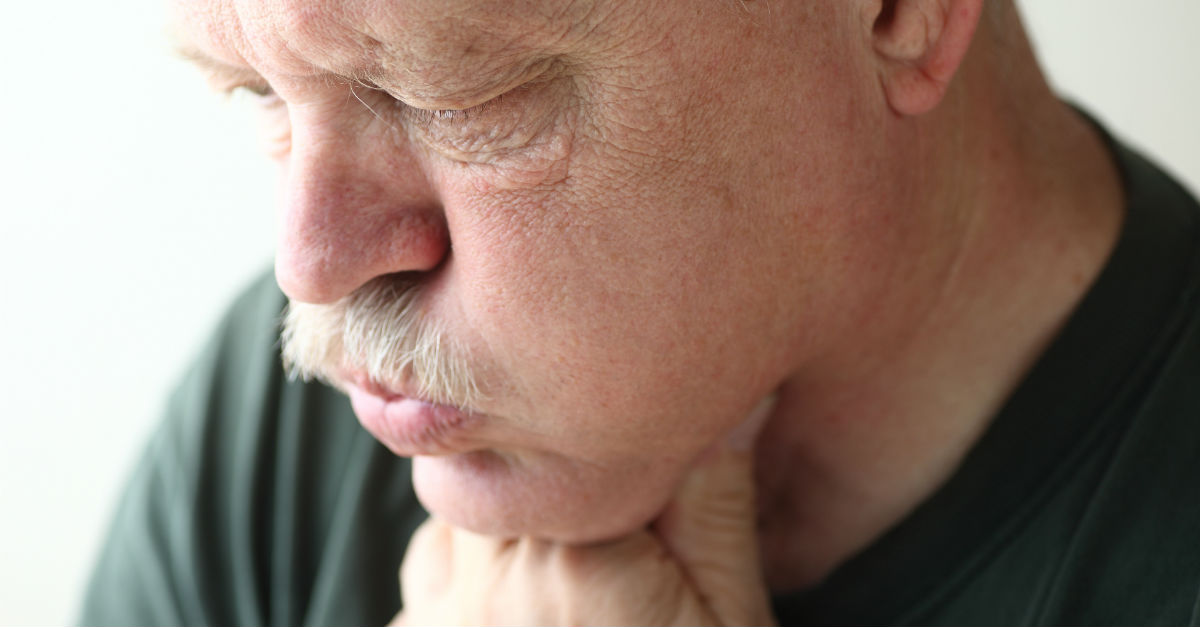
A new diagnostic tool is helping doctors at Aurora BayCare Medical Center better detect a pesky form of acid reflux – laryngopharyngeal reflux, or LPR.
Acid reflux occurs when acidic content in the stomach backs up into the esophagus, resulting in burning pain in the lower chest.
The Restech pH System helps detect LPR, which typically isn’t easily diagnosed. That’s because LPR’s symptoms – sore throat, chronic cough, sinusitis and throat clearing, among others – don’t immediately lend themselves to an acid reflux diagnosis. Those symptoms can be mistaken for other conditions such as asthma, allergies, laryngitis or upper-respiratory infection.
Typical symptoms of acid reflux, including the chronic version of the condition called gastroesophageal reflux disease, or GERD, include heartburn and acid indigestion and may include other symptoms such as nausea, vomiting, excessive belching and abdominal pain.
If left untreated, acid reflux can lead to conditions that increase a person’s risk for developing esophageal cancer.
The Restech system can help determine whether a patient has acid backing up into the throat.
Here’s how it works: A small, soft probe tube is placed in the patient’s nose until its tip is positioned in the back of the throat. It doesn’t interfere with talking, eating or drinking. The probe is connected to a recording device, tracking the frequency and severity of reflux episodes during a 24-hour period. It sends those measurements wirelessly to the recording device. The doctor evaluates the data and can make an accurate diagnosis.
“With this technology in our practice, we can easily determine the frequency, severity and duration of acid levels reaching the throat,” says Dr. Daniel T. McKenna, a gastrointestinal surgeon with Aurora BayCare. “The data from the Restech system will help us deliver enhanced, personalized treatment plans for our patients with LPR symptoms.”
Treatment for LPR may include limiting acidic foods, caffeine, alcohol and carbonated beverages. People with LPR also may be advised to avoid late-night eating.